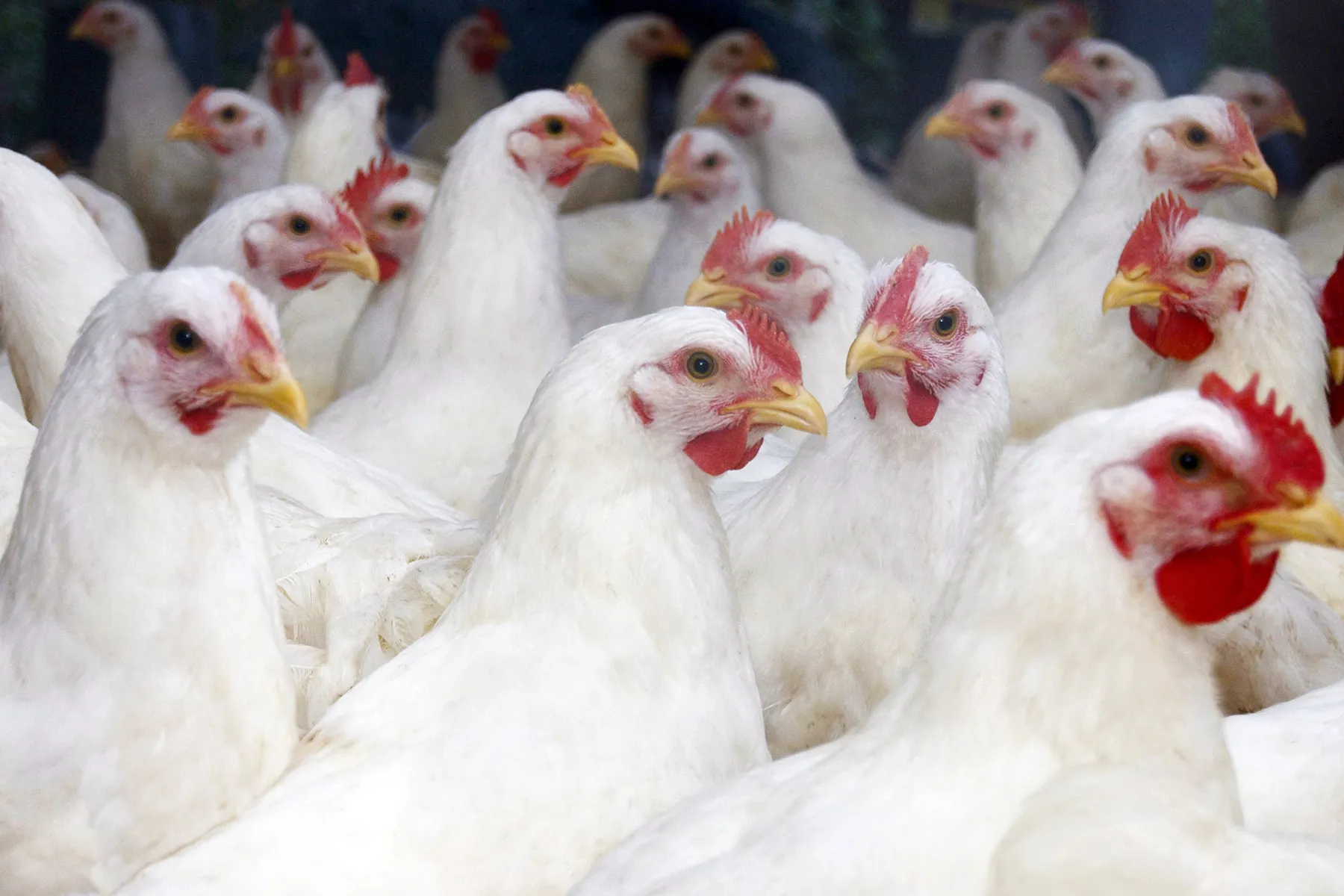
Babies can be pretty gassy. It’s common for them to pass gas 13-21 times each day! Why so much? Infants have plenty of chances to swallow air, like when they:
- Eat, whether food comes from a breast or bottle
- Suck a pacifier
- Cry
When air gets trapped in your baby’s belly, you may notice that they:
- Burp
- Get fussy
- Are bloated
- Cry
- Fart
- Have a hard tummy
Sometimes, gassy babies might seem like they’re seriously uncomfortable or in pain. How can you know if there’s another problem?
“If your baby is generally happy and only fusses for a few seconds while passing gas, that’s a sign that it’s normal,” says pediatrician Jennifer Shu, MD. “Even if they turn red and make noise, it doesn’t mean that it bothers them. If they’re happy in between episodes and not too distressed during them, there’s probably nothing wrong.”
Know that as your baby’s digestive tract grows, the gas will become less of a problem for both of you.
Try these steps to prevent and ease the pain of gas:
Check feeding position. “When you’re nursing or bottle-feeding, try to keep the baby’s head higher than her stomach,” Shu says. “That way, the milk sinks to the bottom of the stomach and air goes to the top, and it’s easier to burp out.” Tip the bottle up slightly so there are no air bubbles in the nipple, and use a nursing pillow for support.
Burp your baby. One of the easiest ways to ease gas pains is to burp them during and after they nurse. If they don’t belch right away, lay them down on their back for a few minutes and then try again.
Change equipment. “If you’re bottle-feeding, switch to a slower-flow nipple,” says Joel Lavine, MD, PhD, professor of pediatrics at Columbia University.
Work it out. Gently massage your baby, pump their legs back and forth (like riding a bike) while they are on their back, or give their tummy time (watch them while they lie on their stomach). A warm bath can also help them get rid of extra gas.
Take a closer look at foods. Talk with your baby’s doctor about foods that may give them extra gas. “Some parents give infants fruit juice, which contains sorbitols (sugar alcohols) that the baby can’t absorb,” Lavine says. The doctor will also make sure you don’t cut out nutrients your baby needs.
If you breastfeed, your baby could have trouble digesting some of the foods that you eat, which can come through your breast milk, like dairy products and caffeine. If you give their formula, talk to your doctor about switching brands. Some claim to be helpful for gassy babies.
You can also try a few OTC medications to help a gassy baby. Ask your doctor or pharmacist to recommend one. You should also ask them to make sure one of these meds won’t affect something else they take, that they aren’t allergic to anything in it, and that you give the correct dose.
You can try simethicone gas drops for infant gas, but there’s no clear proof that they work.
During the first 4 months of life, your baby may have colic, when they cry for 3 hours for more than 3 days a week for more than 3 weeks. Gas does not cause colic, but if your baby is colicky, they may swallow more air, which gives them more gas.
Most of the time, infant gas is normal and treatable. But in rare cases, it can be the first sign of a more serious digestive problem, says Jenna Faircloth, PharmD, of Cincinnati Children’s Hospital Medical Center in Ohio. Contact the doctor right away if your baby:
- Does not poop, has bloody stools, or vomits.
- Is very fussy. If you can’t get them to calm down, a doctor needs to check for a problem.
- Has a fever. If they have a rectal temperature of 100.4 F or higher, a doctor needs to rule out infection. If they are under 3 months of age, take them to the doctor right away.






